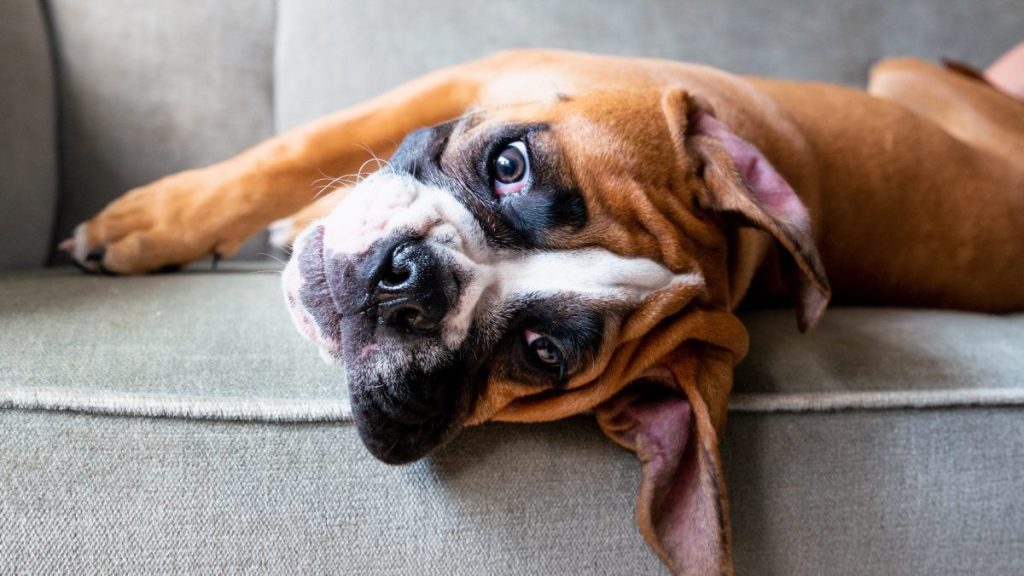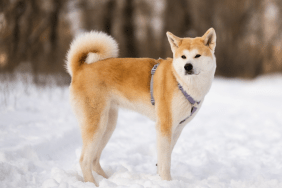The Boxer breed, originating from Germany, has a rich history of serving as both a messenger and a guard dog for the military. Their popularity soared in America during the 1940s when returning World War II soldiers introduced them as loyal companions. Despite their robust stature, boxers differ from other breeds in their preference for indoor living. Thus, this makes the Boxer a cherished house dog due to their affable nature with kids and other dogs.
Do Boxers make good house dogs?
The creation of the Boxer breed occurred through careful breeding, blending the Bullenbeisser with breeds like the English Bulldog and Mastiff. Popular for their playful demeanor and boundless energy, these amiable dogs forge deep bonds with their families, displaying affection and loyalty. Despite their muscular build, they possess a gentle disposition, particularly with children, earning them a reputation as exemplary family pets.
In addition, their protective instincts make them vigilant watchdogs. They embody the role of a vigilant “hearing” guard dog, maintaining a dignified and self-assured demeanor when not showcasing their playful side. They exhibit patience and playfulness with children. On the other hand, they remain cautious when meeting strangers, yet they respond cordially to those who are amicable.
When it comes to aggression, it is reserved solely for defending their family and territory. Their temperament results from various factors such as heredity, training, and socialization.
Are Boxers happy indoors?
In contrast to other dogs of comparable size, like Rottweilers and Australian Shepherds, Boxers aren’t ideally suited for extended outdoor stays. For Boxer owners, the optimal living environment for their pet is indoors, among their human family members.
The Boxer’s flat face is ideal for gripping prey while maintaining breathability. However, this design proves ineffective for efficient cooling during summer months, necessitating greater effort to regulate body temperature during heat.
Additionally, a boxer’s short hair offers minimal protection against chilly weather as well as from the sun. Lacking an undercoat for insulation, their thin fur renders them vulnerable to sunburn year-round, especially during peak sunlight hours.







